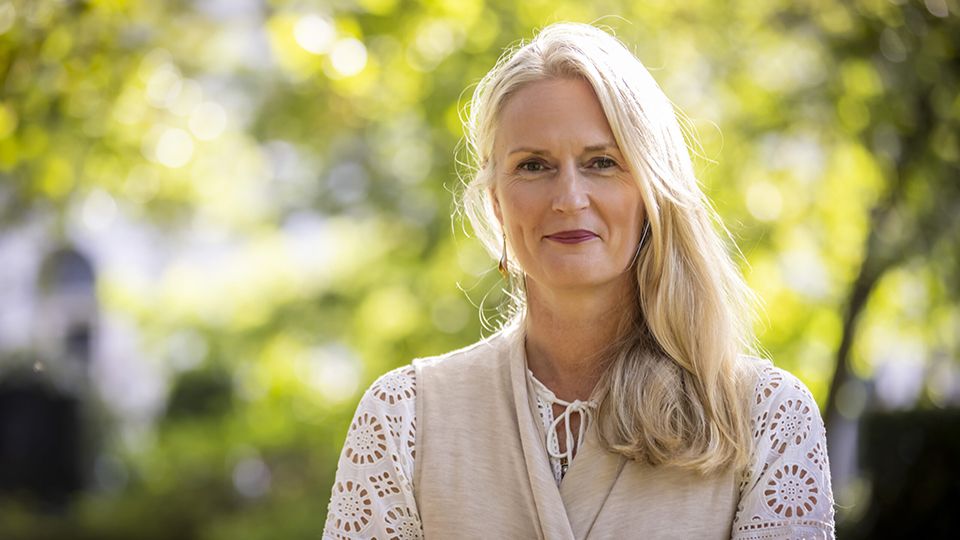Trying to quantify sustainability is dangerous. Sustainability is ultimately a complex societal challenge, and it is human nature to try and understand complex challenges by boiling them down to simple and understandable concepts, scores and ratings. If we can measure it and we can see it, then we can analyse it and manage it.
This is understandable – no one likes uncertainty. But in the world of sustainability, everything is uncertain, changeable and open to interpretation. That is why the strong desire to regulate sustainability ratings and ESG data is bemusing to me.
The argument in support of regulating sustainability ratings is often based on the observation that not everyone agrees on sustainability, and that this is a bad thing. Beneath this is the assumption that everyone could agree on sustainability, and that indeed we should seek agreement. I’m not entirely convinced of this.
Many of the challenges and issues that drive sustainability challenges are social and political, not environmental. Therefore, there is no silver scientific bullet to fixing them. Beyond some basic common principles of do no harm, it is potentially a distraction trying to agree a precise definition, model or scoring framework for determining what is or is not sustainable. It’s not sustainability that needs regulation, it’s behaviours and incentives.
So, what exactly are the regulators trying to regulate?
The vast majority of ratings and data in the world of sustainability and ESG is not data, it is opinion. It is unhelpful and even dangerous for regulators to try and regulate opinion. An outcome where all sustainability ratings agree on the same score would be seriously damaging to sustainability. This will create a herd mentality and lead to even more pronounced bubbles in the share prices of darling sustainability stocks.
See also: – MSCI CEO: ‘Don’t regulate ratings’
It’s not the information and data that is the problem per se, it’s how and for what purpose people use it. A hammer is an invaluable tool, but it’s not the only one you’d use to build a house. Regulators should be more focussed on the behaviours and incentives of the users of the ratings and less focussed on the ratings themselves. It’s the outcomes that matter, not the inputs.
Change behaviours and incentives
Of course, there are some basics that we need to get right first. We need companies to provide open, honest and accurate information to end users about the impacts of both their business operations and their products and services. We need data providers to have clear and transparent methodologies. We need a competitive marketplace for sustainability analysis that fosters deeper investment insights and avoids monopolies. And we need investors with the skills and capacity to look critically at sustainability ratings and ESG data, and to use them with precision and purpose; not for convenience.
If the purpose of the regulations is to create a standardised and homogenous view of what sustainability is or should be, then not only will it fail, it could be quite damaging. If, on the other hand, it is to provide additional, high-quality and innovative tools to help investors tackle tricky sustainability issues, then it is perhaps a useful intervention.
But the real prize is addressing the human incentives and behaviours that hold us back from creating a more sustainable future. That includes tackling traditional investor behaviours like short-term thinking, the obsession with measuring inputs instead of outcomes, and the preference for simplicity over complexity. These are the things that hold us back from real change.
If we are building a house that we want to last, it’s the building’s safety standards that matter to ensure it is safe, secure and fit for purpose. The quality of the hammer we use to build it is peripheral to the outcome we seek. When it comes to sustainability regulation, I want us to build a better house, not just improve the quality of our tools.




